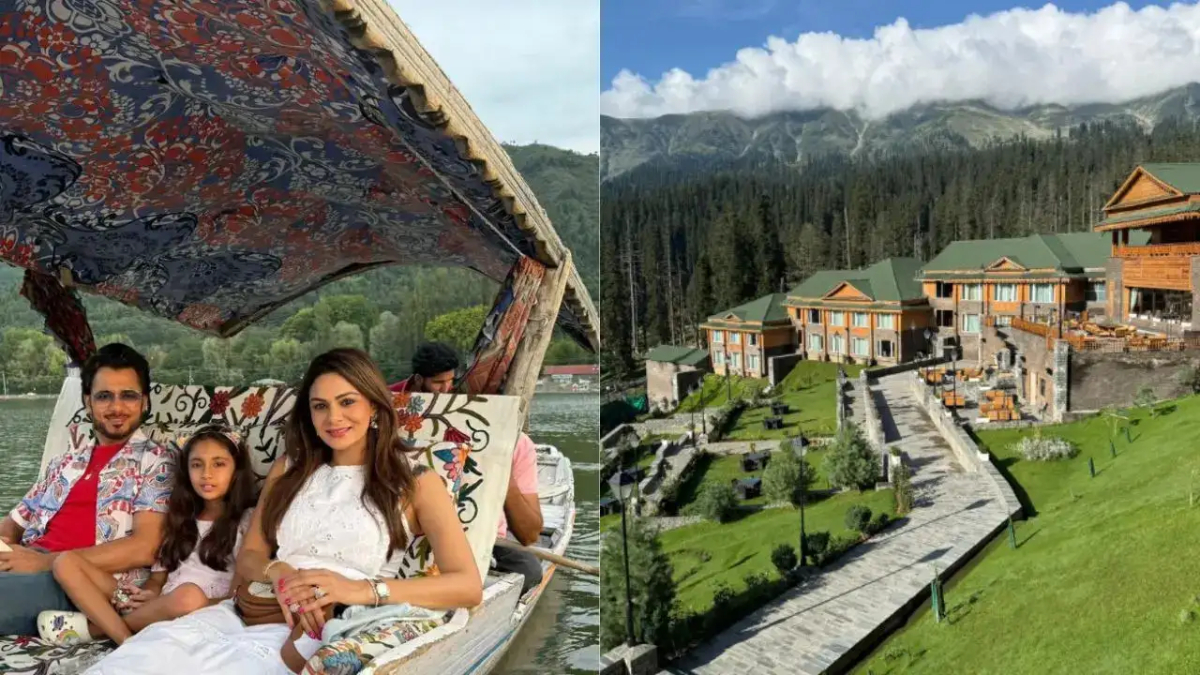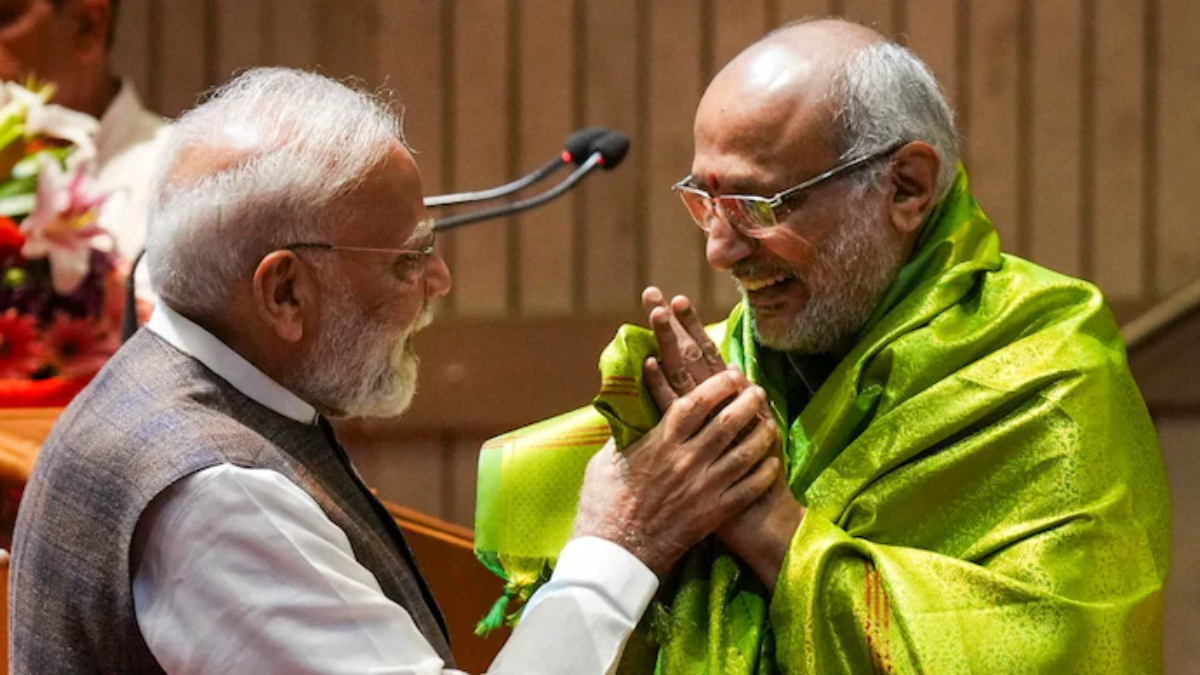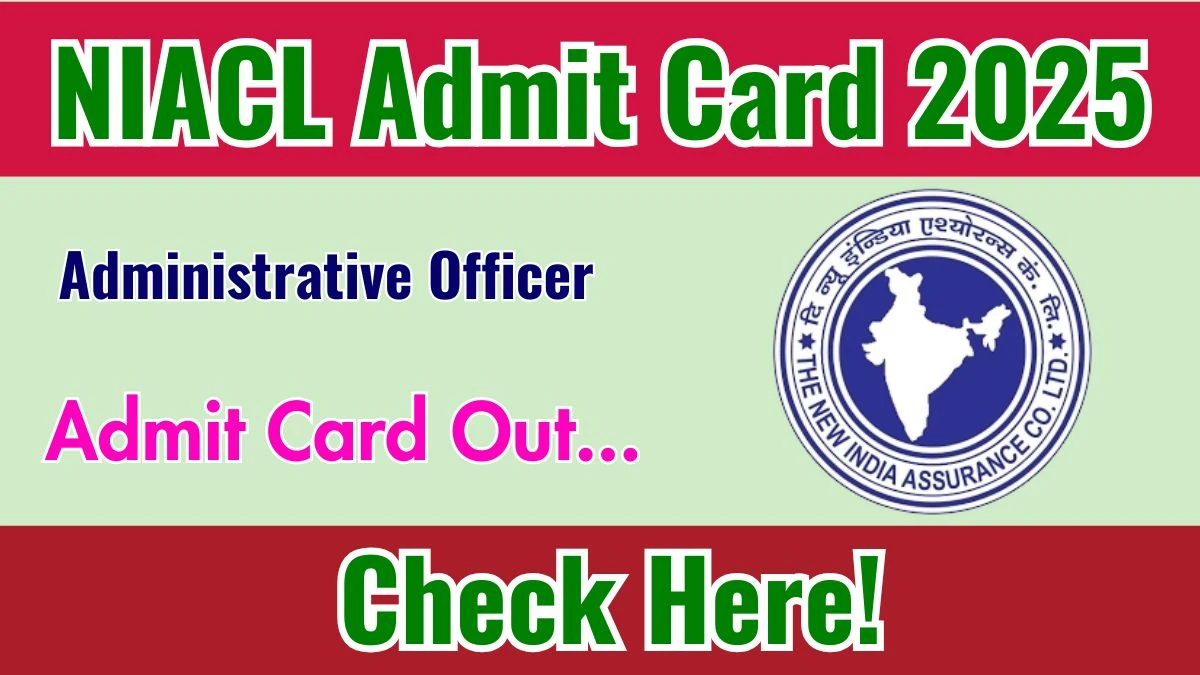Now Reading: Kashmir Is ‘80% Cheaper and Infinitely More Beautiful’ Than Switzerland,Anupam Mittal
-
01
Kashmir Is ‘80% Cheaper and Infinitely More Beautiful’ Than Switzerland,Anupam Mittal
Kashmir Is ‘80% Cheaper and Infinitely More Beautiful’ Than Switzerland,Anupam Mittal

Anupam Mittal, the founder of Shaadi.com and a prominent investor on the television show “Shark Tank India,” has weighed in on the popular comparison of Kashmir to Switzerland, firmly rejecting the notion. During a recent visit to the picturesque region, Mittal stated that he finds the comparison to be both inadequate and unnecessary, asserting that Kashmir is not only “80% cheaper” but also “infinitely more beautiful” than Switzerland.
This perspective challenges a long-standing trend of marketing and describing Kashmir’s stunning landscapes by likening them to the Swiss Alps. For decades, both tourism authorities and individual travelers have used the “Switzerland of the East” or “India’s Switzerland” label to attract visitors, hoping to evoke a sense of familiar, world-class beauty. However, Mittal’s comment suggests that this comparison does a disservice to Kashmir, diminishing its unique and distinctive charm.
The Argument for Kashmir’s Uniqueness
Mittal’s remarks highlight a growing sentiment that Kashmir should be appreciated for its own unique identity rather than as a replica of another place. The region boasts a rich cultural tapestry, a unique blend of traditions, and landscapes that range from snow-capped peaks and pristine lakes to lush green meadows and dense forests. While Switzerland is renowned for its well-maintained infrastructure, alpine villages, and precision-oriented tourism, Kashmir offers a more rugged, soulful, and culturally immersive experience.
The cost factor is another crucial point in Mittal’s argument. A trip to Switzerland, known for its high cost of living and tourism, can be prohibitively expensive for many travelers. Mittal’s claim that Kashmir is “80% cheaper” makes a compelling case for domestic and international tourists looking for a high-quality, nature-focused holiday that is also budget-friendly. This affordability, combined with its breathtaking natural beauty, positions Kashmir as a highly competitive tourist destination in its own right.
A New Narrative for Tourism
Mittal’s rejection of the “Switzerland” tag is not just a personal opinion; it could signal a shift in the way Kashmir is marketed to the world. Instead of borrowing a foreign identity, the focus could now be on celebrating what makes Kashmir authentically special: its deep-rooted hospitality, traditional cuisine, local handicrafts, and the serene, untouched beauty of its valleys.
By promoting its own distinct identity, Kashmir can build a stronger, more authentic brand that resonates with modern travelers who seek genuine and unique experiences rather than sanitized versions of foreign destinations. Mittal’s comments provide a powerful endorsement from a highly influential business figure, potentially inspiring a new narrative for Kashmir’s tourism industry—one that is built on pride, originality, and a deep appreciation for its own singular beauty.







